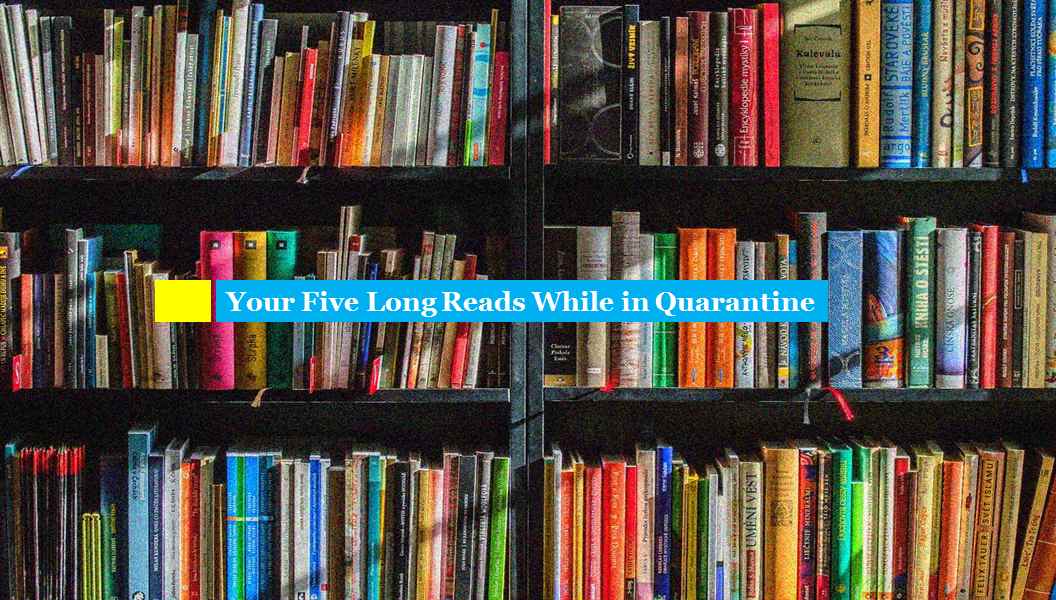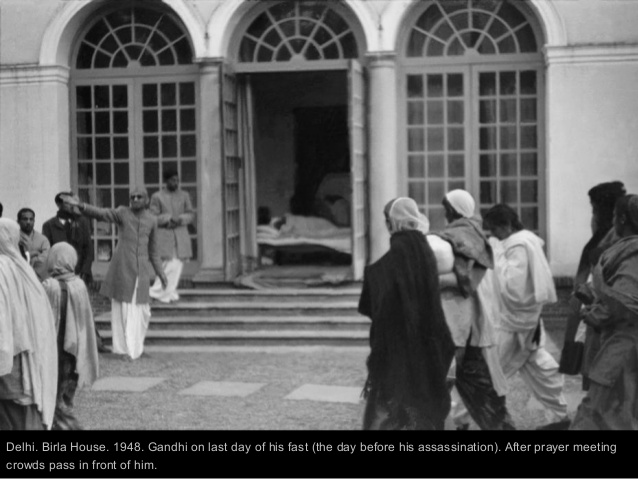The historic day of independence is celebrated across the country with pride and gusto and the symbols of nationalism are adorned with new fervour and zeal. Amidst these moments of celebration I happen to walk through the heart of the capital and see a group of street children folding paper to make the Indian flag to sell at the red light. My heart longs to know what the nation has meant for these children who have lost their childhood in a country which got freedom from colonial rule 70 years ago but still remains colonized in the hands of poverty, hunger and state negligence.
While on one hand we see this ever growing difference among the rich and the poor that the paradox of populist democracy fails to address yet on the other hand we discover how some individuals in their own fields have tried to raise a voice of difference, calling us all to resist, protest and create an alternative social structure that allows people to love with dignity and love.
Mahashweta Devi the legendary writer who passed away recently was an artist who painted through her pen- her remarkable ability of empathy allowed her to become the voice of the subaltern and to speak of their pains as her own. As we read and reread her works we realise that to be alive is to be sensitive. This brings me to the Irom Sharmila the iron lady of the North-east who withdrew her 16 yearlong fast against the APSA Act recently to join politics whole heartedly. The devotion that she stands for to the oppressive rule of the army and her urge to bring back freedom upon the people of the North-east is commendable. While we look at these two women, we understand what the nation must actually mean- unconditional brotherhood, deep sensitivity and a desire to give oneself to a cause which is noble and great.
It is in moments such as these that I realise that the children who fold papers to create the national flag are outsiders in an India that walks towards becoming a super power and the determination and intuitive intelligence of women like Mahashweta Devi and Irom Sharmila must echo through every street and neighbourhood in the country to revive our consciousness. The answers to our problems are floating all around us yet we choose not to see, why have we forgotten that to love one’s nation one must love its people? It is the right moment to think about these issues and ask ourselves some important questions. We present to you the September issue with the motive in mind that it would enable you to undertake an exploration both inside and outside, and to begin looking at the world around you with a perspective that is not only critical but also constructive.
The articles in this issue are diverse and deal with concerns that are collectively shared. From the exploration of integrative education and sustainability, to the question of nationalism and cosmopolitanism and the potential of art education for building constructive experiences to an insightful photo-essay on the tourism culture in Uttarakhand and how it alienates; I am sure that you would enjoy reading each and every piece. May this effort to bridge the gap between theory and practice, criticism and constructivism be helpful in raising many important issues and throwing light on ideas that call for our attention. May the answers that are blowing in the wind be heard.
Advertisement












